In a captivating tale of cultural exchange, Polo found its way to India through Mughal conquerors in the 13th century. However, it was the daring British tea-planters of Assam who decided to leap into the saddle and embrace the enigmatic sport. In 1859, they etched their mark by establishing the very first European polo club amidst the enchanting town of Silchar. As the enthusiasm surrounding the sport rose higher, the vibrant Calcutta Polo Club emerged in the early 1860s, painting the landscape with the colours of this thrilling game.
But destiny had more in store for Polo’s grand voyage. A captain from the legendary 10th Hussars was stationed in India and became witness to a mesmerising match in the dawn of 1866. His heart raced with a burning desire to partake in the equestrian spectacle – rallying his fellow officers, he formed an indomitable team that echoed the thunderous hooves of their mighty steeds. Since then, polo’s captivating journey has unfolded, traversing the tapestry of time and culture – from the footsteps of conquerors to the dreams of tea planters, from the majestic fields of India to the spirited challenges of England – this noble sport has transcended boundaries, uniting hearts and spirits in an eternal pursuit of adventure on horseback.
A: Manipuri Polo Players, 1875. Their version of the game was the model for the subsequent international game of polo and led to the founding of the world’s first polo club, the Calcutta Polo Club.
Bottom: Kota and 7th Hussars Polo Teams, Mount Abu, 1897.
“There are mentions of Polo all the way back in ancient scriptures.” regails Col. Tarun Sirohi, the decorated former captain of the Indian Polo Team and co-founder of Indian Arena Polo League.
After playing polo for well over 25 years, Col. Sirohi, hung up his boots in 2012 when he was the captain of the Indian Polo team. A legacy in the sport, Col.Sirohi was inspired by his father to pursue the sport having watched him play since he was young. He joined the National Defense Academy (NDA), right after school, which is where his undeniable talent got noticed and he was selected to join the Indian Polo team.
Under Col. Sirohi’s captaincy the team represented the country in four world cups and resulted in an astounding performance in June 2011, when India won its only international title in the Seven Nation Tournament in Malaysia – a feat which earned the colonel the title of the most successful Indian captain.
Reminiscing the glory days, the colonel recounts, “It was good fun while it lasted. But now I’ve crossed over to the other side — working in administration and trying to put something together to give back to the world of polo.”
Colonel Tarun Sirohi.
Polo, as a competitive sport and a recreational activity, is India’s gift to the world. Initially played exclusively by the royals and the army, once India gained independence, royal houses continued to support polo. But, it was the Indian army that kept the sport alive and thriving until the mid 90s when corporate companies started taking notice of the sport and started sponsoring teams and players – as is with any sport, financial resources play a vital role in its sustenance and progress – this moment marked a turning point, a pivotal juncture in the trajectory of Indian polo.
During Col. Sirohi’s time in the army his focus was primarily on his personal growth as a polo player and leading the team as captain. However, once he left the army in 2014, he felt an innate need to pass on his knowledge and experience to the younger generation. Recognising the desire from numerous aspiring players who lacked opportunities, Col. Sirohi founded the Gurugram Polo Club, in Gurugram, India, where he created an environment for enthusiastic players to develop their skills. Soon after, he partnered with a colleague from his homebase and rebranded the club as La Pegasus. Unfortunately, it was around this time that the pandemic struck and disrupted all plans for the club’s growth, which ultimately led to the closure of the club.
In 2016, Col. Sirohi crossed paths with M. Karthika Sharma, founder of ITV Networks, whose fascination with polo led them to establish a league of their own – a concept which the Colonel had been contemplating. Through this collaboration of passion and intrigue, the Indian Arena Polo League was born. While the launch was halted due to the pandemic, the league finally debuted in April 2023, with a four-day affair taking place in Delhi and Jaipur, showcasing players from 20 different countries taking part in the auction procedures. The league promises an enticing fusion of sport, music, and fashion, creating a captivating blend.
“It has been a journey filled with challenges and perseverance, but it was a successful debut for the Indian Arena Polo League and we couldn’t be more proud or happier,” states Col. Sirohi.
Top: British Polo Team, Madras, 1888.
Bottom: The Polo Crowd During, British India Era.
Polo, as Colonel Sirohi observes, embodies a certain glamour which sets it apart from other sports. The elegance of attending a polo match is enhanced by fashionable hats, sunglasses, jackets and pocket squares. Attending a polo match is not just about spectating the sport, but also about being part of a sophisticated and elevated atmosphere.
“After Formula One departed from India, there was a gap in advertising and branding opportunities for luxury brands catering to this niche audience. Polo serves as an ideal platform for prestigious names like Mercedes, Rolex, and other high-end brands,” he notes.
What sets polo apart is that even with a modest crowd of 500 spectators, each individual possesses the means to purchase the showcased and advertised products. Whether it’s a luxurious Maybach or another extravagant item, the discerning audience at polo events belongs to a wealthy market segment. Polo, in many ways, offers an unparalleled opportunity for partnerships, allowing elite brands to connect with their desired clientele in a world of opulent indulgence.
In the realm of polo, it is widely acknowledged that the sport comes with a hefty price tag – nonetheless, Colonel Sirohi and his colleague’s current endeavours revolve around broadening the accessibility of the sport, to those who are genuinely captivated by its allure. About fifteen years ago, entry into the sport exacted a far greater toll, demanding the acquisition of four horses valued at around 30 to 40 lakh rupees. Thankfully, the tides have favourably turned in recent times, since a profusion of clubs have sprouted throughout India, rendering the acquisition of polo skills at an attainable amount. The Illustrious Arc in Mumbai assumes a pivotal role as a central hub, while the Rajputana Riding and Polo Club in Jaipur, now boasting multiple branches, enjoy prestige. Astonishingly, more than a hundred young players are currently imbibing the essence of polo at a select few clubs, parting with a modest monthly membership sum.
Rajpipla Polo Team, 1943.
From Left to Right: Maharajkumar Indrajitsinhji, Yuvraj Rajendrasinhji, Maharaja Sir Vijaysinhji and Maharajkumar Pramodsinhji.
To add yet another layer of allure to this sport is the fascinating and intriguing introduction of the latest technology to the realms of Polo. By combining the oldest team sport in the world, with the latest technologies such as Web 3.0 and NFTs (non-fungible tokens), Col. Sirohi is spearheading a brand new revolution that combines tradition with innovation.
“Unlike other sports, where the general crowd might not be familiar with NFTs, the polo audience is technologically savvy and receptive. This alignment propelled us to embrace the idea of integrating NFTs – for tickets sales for instance – in the sport, and skyrocketing the potential of polo,” says the Colonel. The response received by them exceeded expectations and people from various corners of the globe expressed their keen interest and sought explanations about the fusion of polo and NFTs.
Maharani Gayatri Devi, an Acclaimed Polo Player Herself (top) with Winners of the Indian Polo Championship (bottom), 1957.
In the grand scheme of things, like any other sport or venture, the growth of polo relies on the alignment of various factors. India, with its burgeoning upper middle class transitioning into a graduated class, possesses substantial disposal income. The timing seems opportune for those who yearn to participate in this sport, as positive developments are underway, with new clubs emerging where enthusiasts can learn and play. However, to truly propel polo’s promotion, the government’s involvement is crucial. Ultimately, polo holds a significant place in India’s heritage, intertwined with its mythology, folklore, and historical ownership of horses.
Owning a horse was once commonplace in villages, and the government’s support for a sports project like polo would require a modest subsidy, perhaps even in the double digits. A shining example is the Madhya Pradesh government, which has successfully established the Madhya Pradesh Riding Academy over a decade ago, producing remarkable champions.
While Indians may not match the physical standards of Europeans in sports like rugby or athletics, our genetic code exhibits a remarkable affinity for horses, making us highly adaptable equestrians. This region of the country consistently produces exceptional horse raiders, showcasing the immense potential that lies within. If other governments were to replicate the Madhya Pradesh model, incredible skills and expertise would surface, if individuals are given the support they deserve.
With the appropriate backing, the polo landscape is poised to undergo a metamorphosis, a revolution that stretches far beyond the horizons of India. Pivotal and key players such as Colonel Sirohi are at the helm of this movement for the world to be witness to the rebirth of the sport that marries heritage with innovation, tradition with modernity, and luxury with accessibility.
Words by Esha Aphale.
Images Courtesy of Wikimedia Commons and Past India.
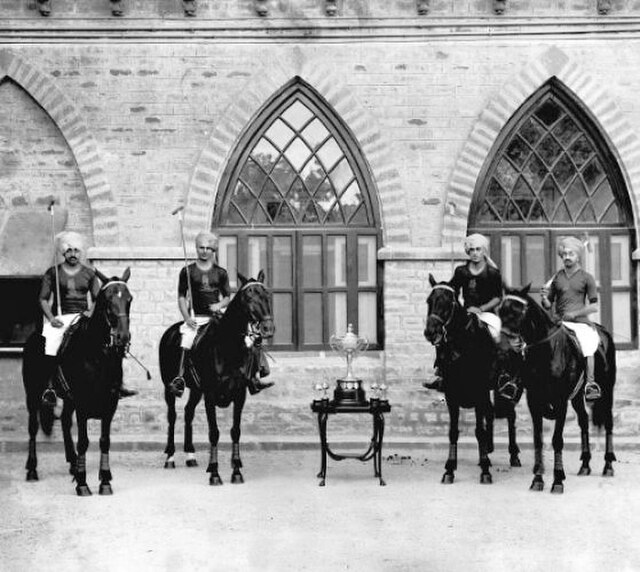
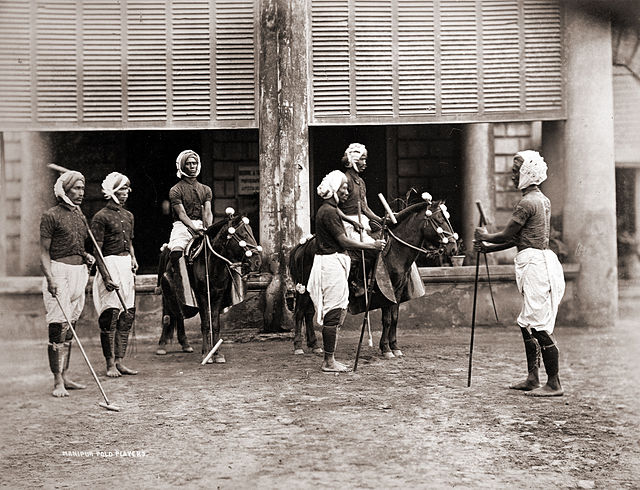
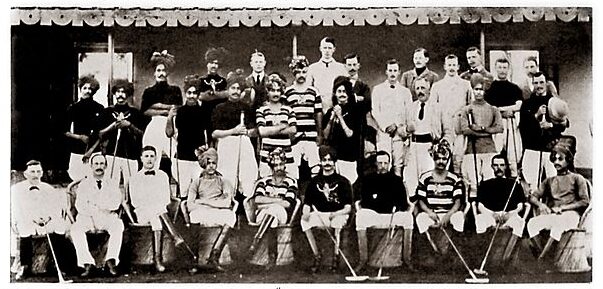
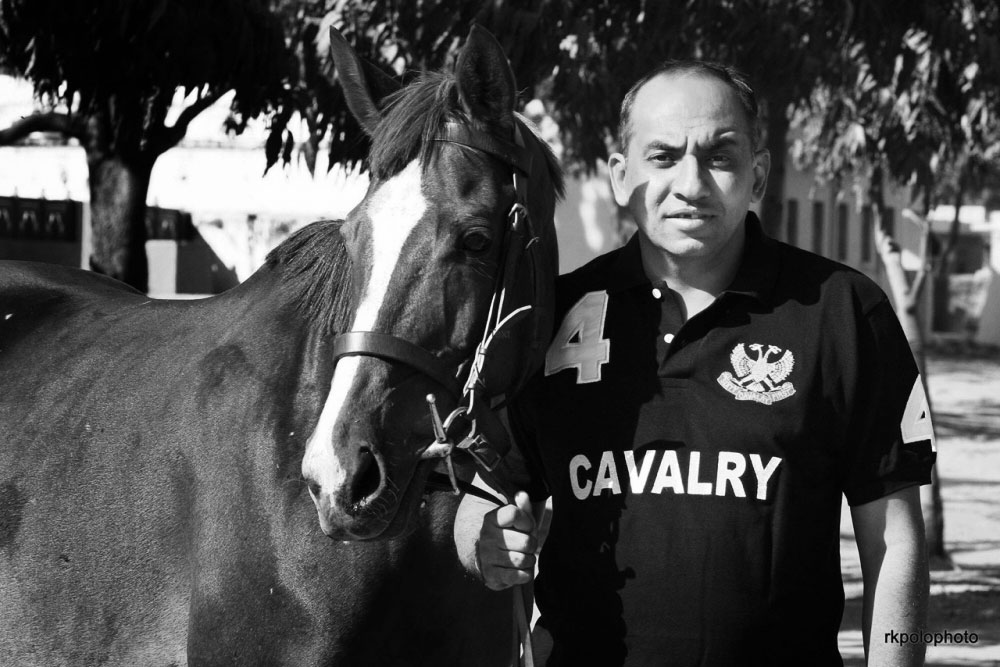
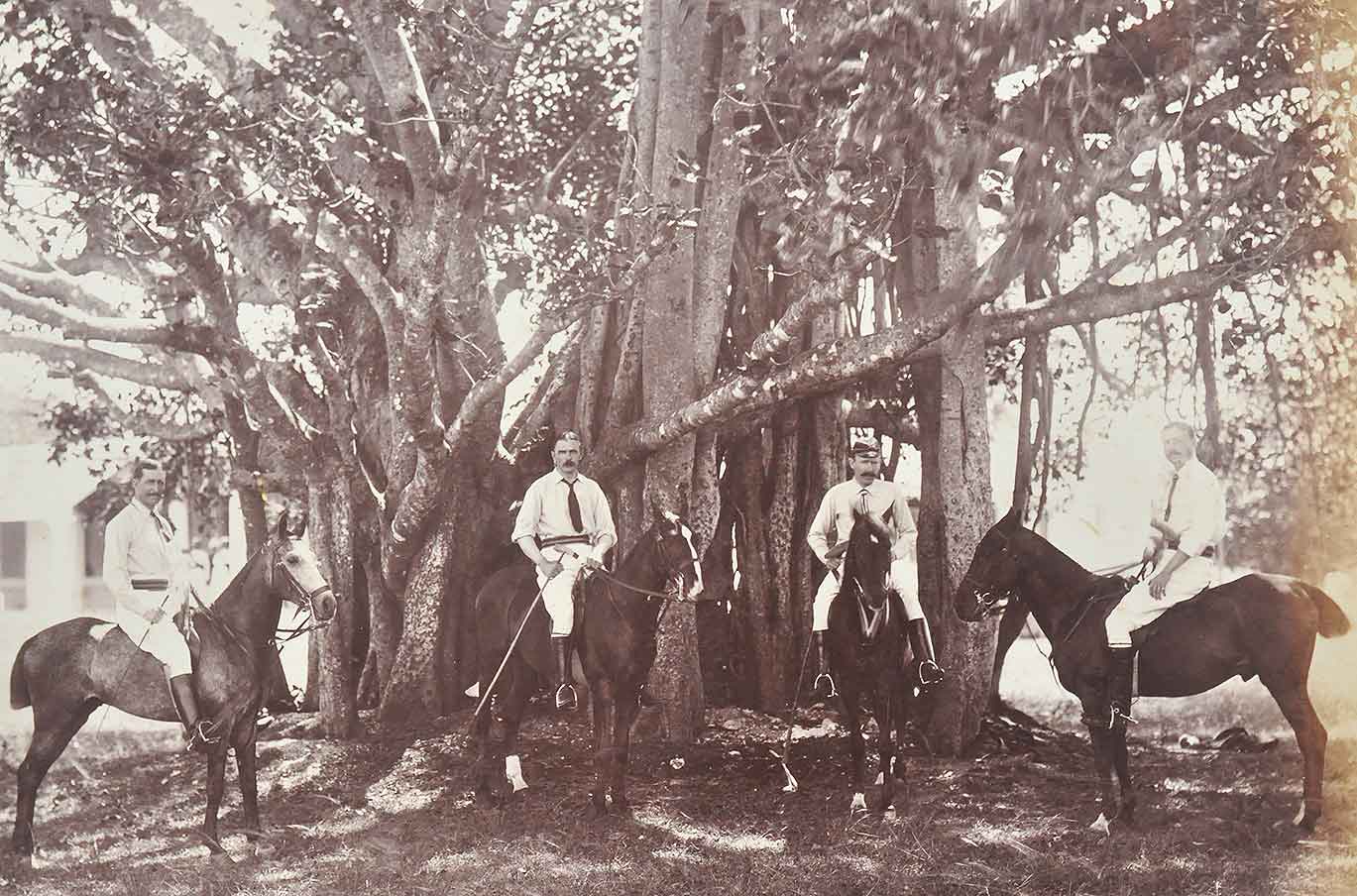
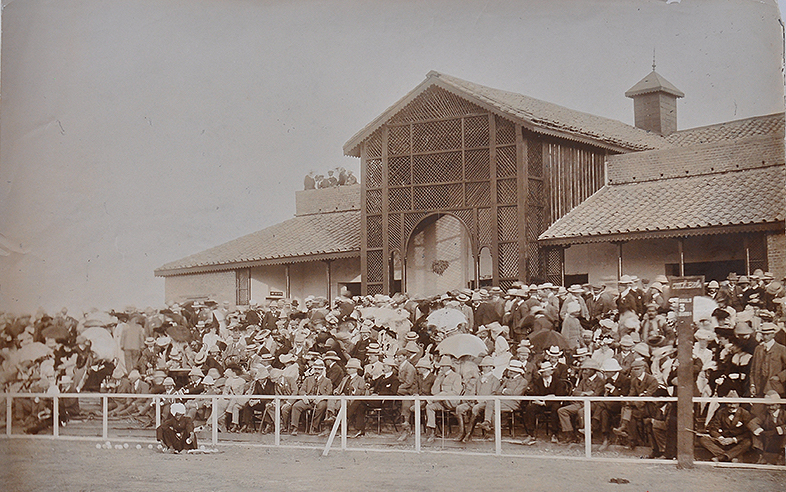
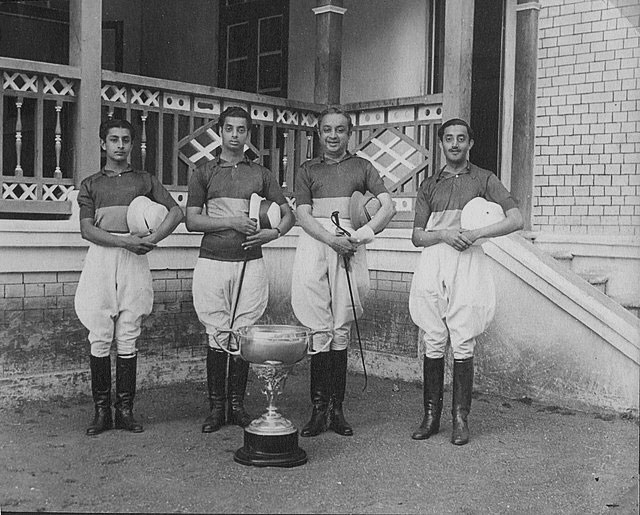
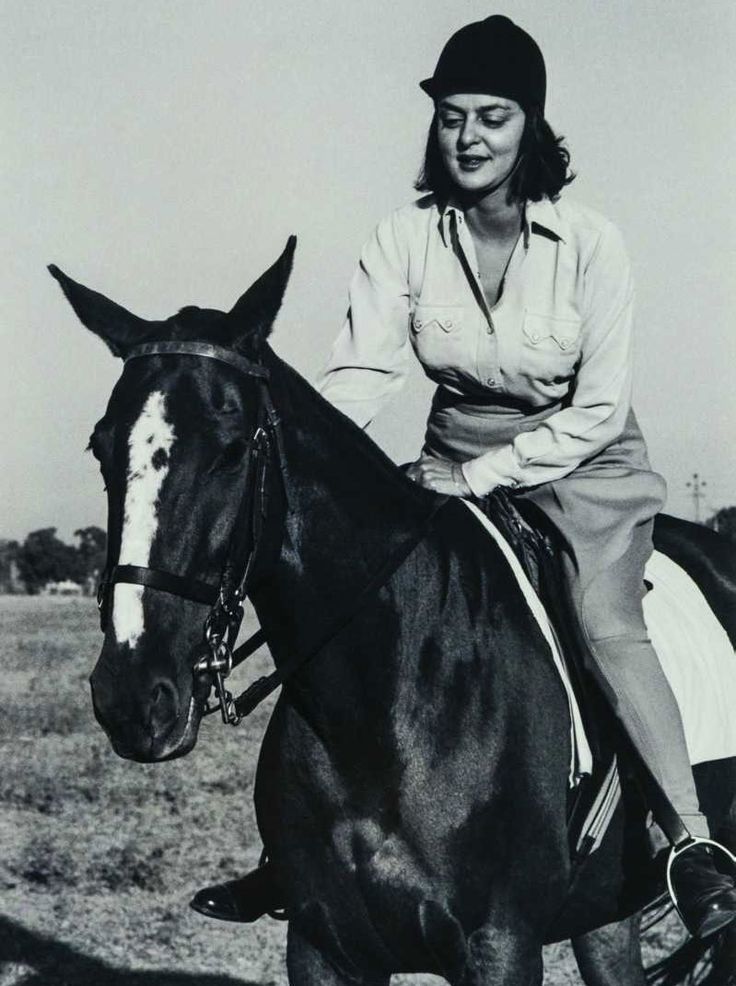
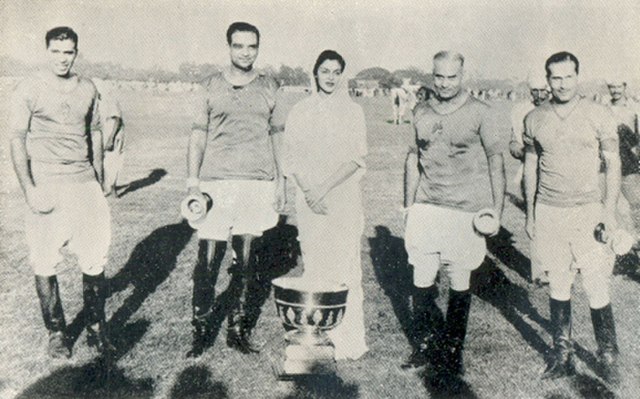
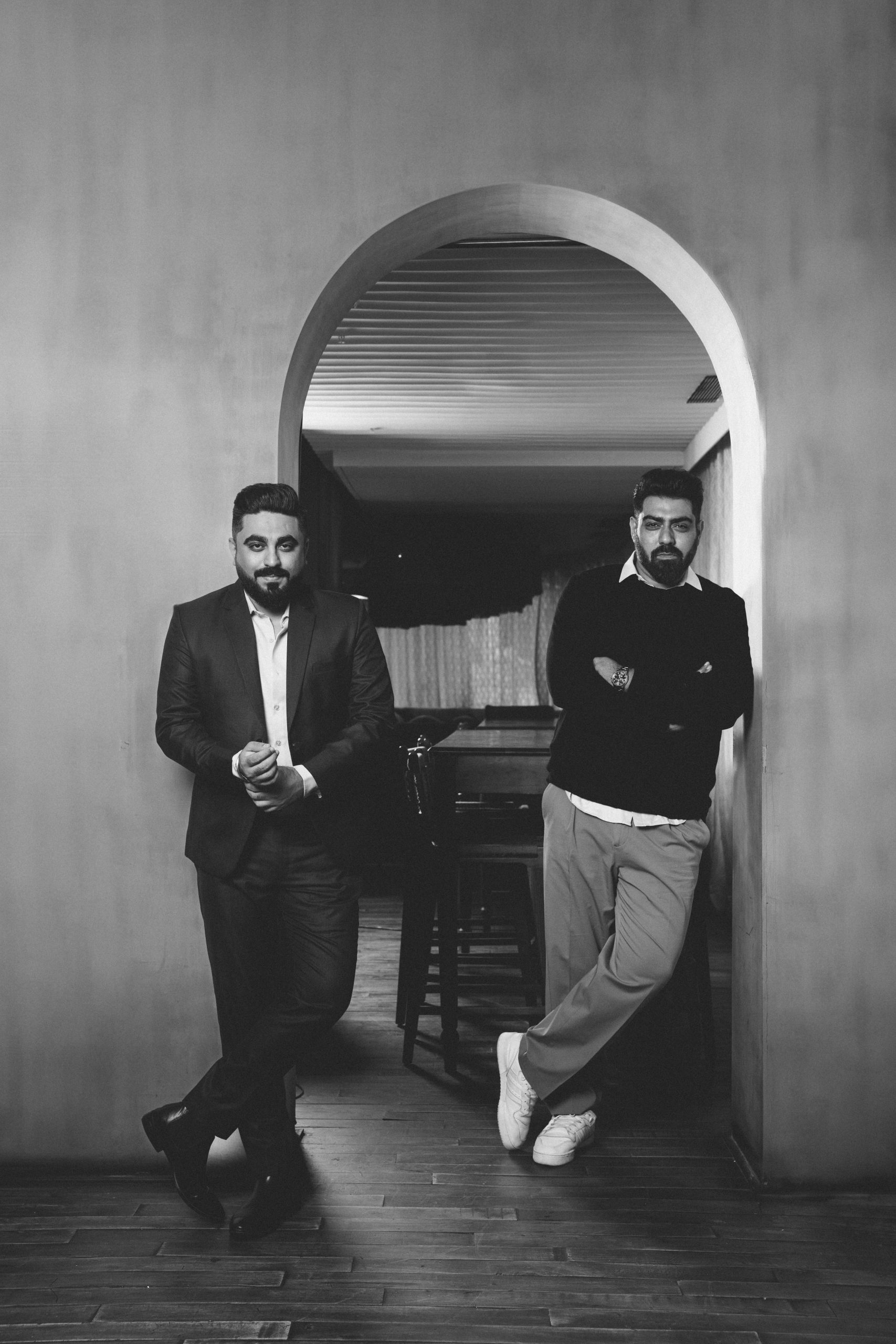
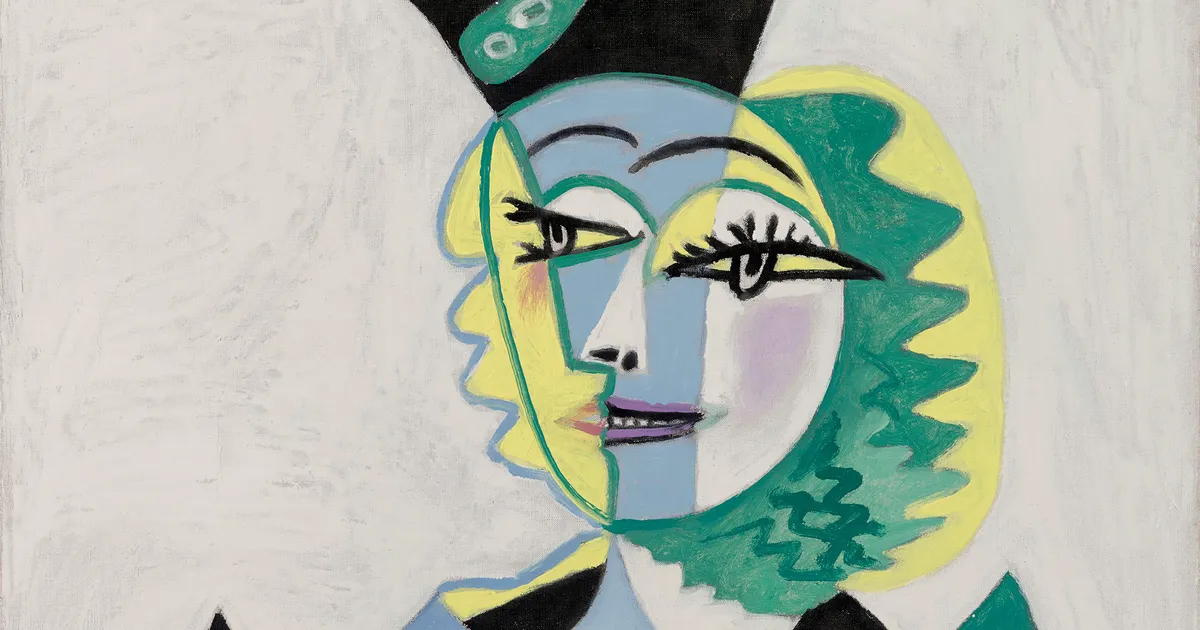

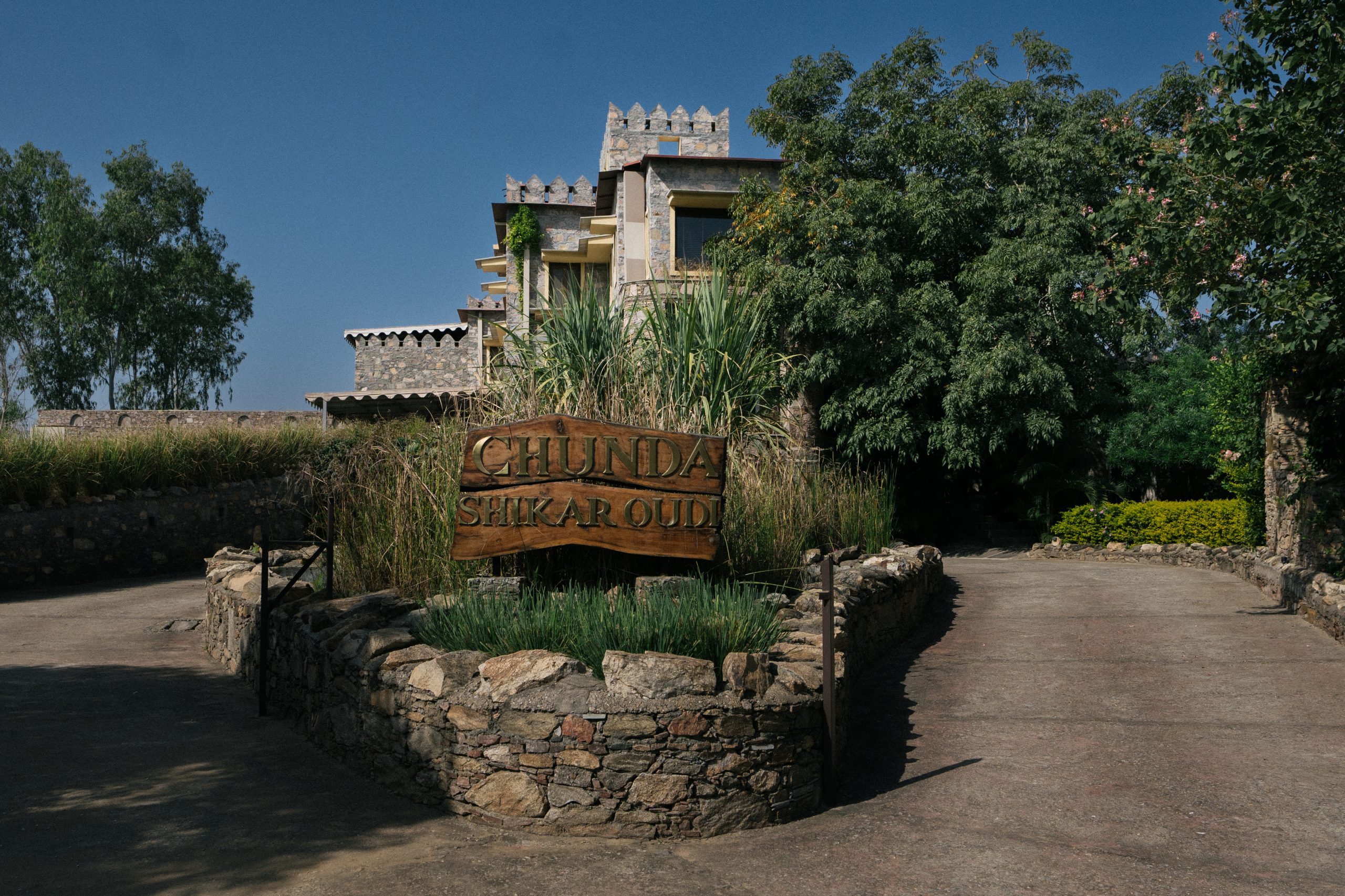

This was so informative and well written !!! I thoroughly enjoyed it 🙂